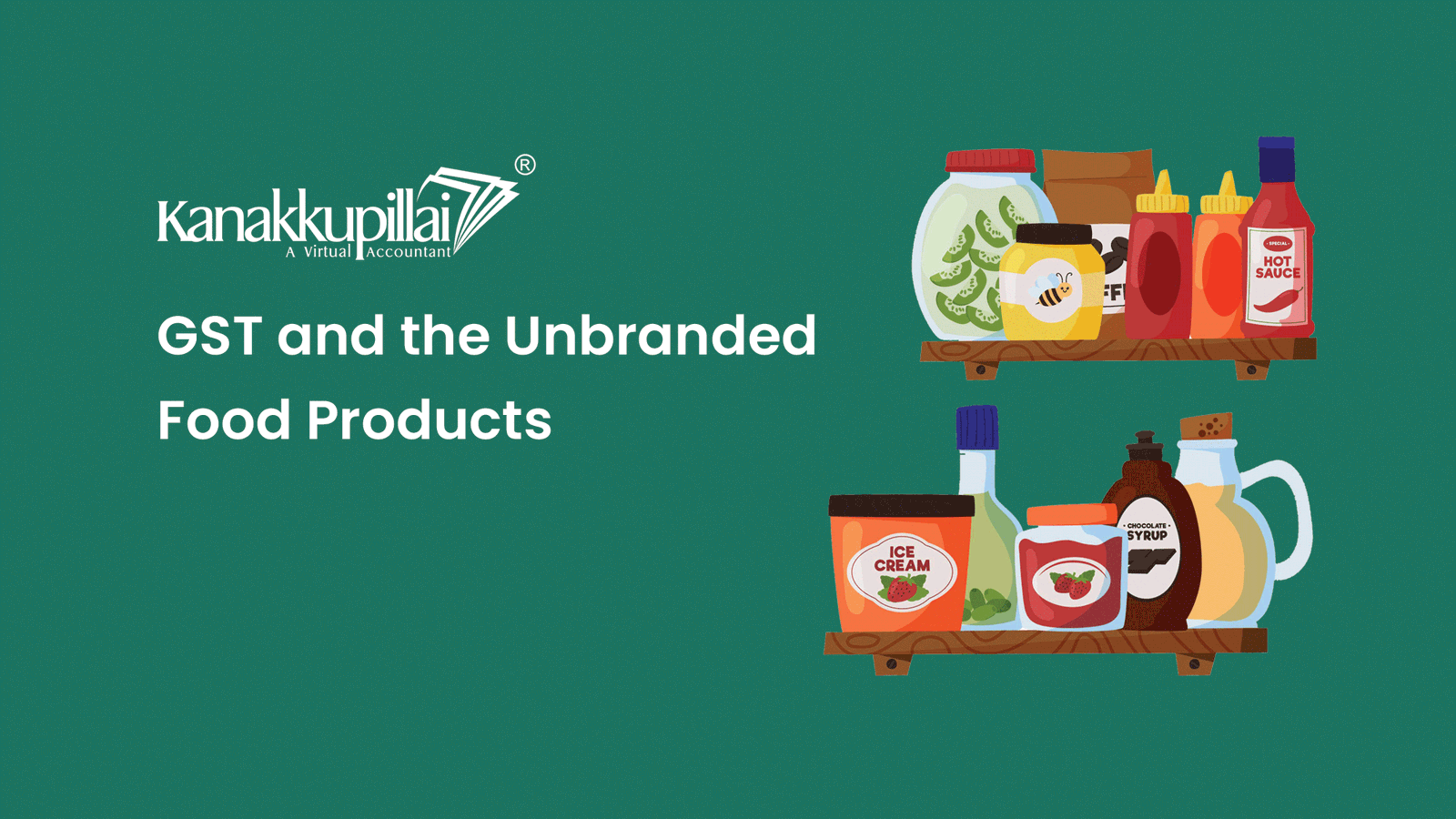The Union government’s decision to impose a 5 percent GST on all packaged and labeled food products, even if they are unbranded, effectively covering most of the basic food items, is being protested by rice millers throughout the State and the Agricultural Produce Marketing Committee or APMCYard, Yeshwanthpur, Bengaluru, on 15th July 2022.
On Thursday, July 14, 2022, the Finance Ministry announced revised GST regulations. Industry insiders claim that the change will cause inflation, render tiny shops in the unorganised sector uncompetitive, and even have an impact on farmers. Farmers have filed a petition against the 5% GST on food goods with the Chief Minister of Karnataka, Basavaraj Bommai, a member of the GST Council.
After the implementation of the GST registration, the majority of brands became unbranded to escape being subject to taxation, according to Ramesh Chandra Lahoti, vice-president of the Federation of Karnataka Chambers of Commerce and Industry and a food grain merchant.
The majority of items offered for sale in the store by an average storekeeper are now unbranded. Without fully comprehending the market, the government slapped a blanket 5 percent GST on all packaged and labeled food goods in an effort to bring these under the tax net. Now, the customer would be burdened by a 5 percent price increase on practically all food items, was warned by the shopkeepers.
The Consumer Price Index (CPI) inflation rate for June 2022 was 7.01 percent, which is just slightly less than the 7.04 percent for May. Industry sources claim that the new 5 percent GST law would directly cause food prices to rise.
Concerns have been expressed about how it would impact the underprivileged. Specifically, recent field excursions to the country’s various rural districts have revealed the significant effects of the pandemic, high prices, and unemployment problems, leading to nutritional stress. The majority of the impoverished now eat very watery sambar or rice or flatbread that has been laced with gunpowder instead of vegetables and pulses. Nutrition security will now face additional strain due to a 5 percent GST on the majority of food goods, according to dietitian reports and observations made and provided by dietitians.
According to Shivakumar S, Secretary of the Karnataka State Rice Millers’ Association, a 5 percent GST on unbranded packaged food will also result in farmers selling their products for less in an effort to keep market pricing competitive. On Thursday, the Federation of State Farmers’ Organizations petitioned Mr. Bommai to reverse the 5 percent GST on food goods.
Many merchants worry that the new regulation would render them uncompetitive and put further burden on them and their customers as well. Since the new regulation applies to wholesale purchases as well, all merchants will be required to pay 5% GST. While organized supermarkets would be able to recoup tax credits, Kirana businesses, which lack technological sophistication and don’t issue invoices, will ultimately pass on the 5 percent GST registration to customers, making our outlets less competitive in the market. Within a few years, we will all be extinct. The action would further consolidate corporate control over the food industry, according to common shop owners of Kirana shops and grocery stores in the country’s small districts.
Conclusion
Registering for GST with Kanakkupillai can be a smart move for any business seeking to comply with government regulations and capitalize on the benefits of GST. With their expertise in the GST registration process and filing, Kanakkupillai can ensure that the process is smooth and hassle-free for their clients. By registering for GST, businesses can also gain access to input tax credits, reduce the cascading effect of taxes, and improve their competitiveness in the marketplace. GST registration with Kanakkupillai can help businesses save time and money while ensuring compliance with government regulations.





